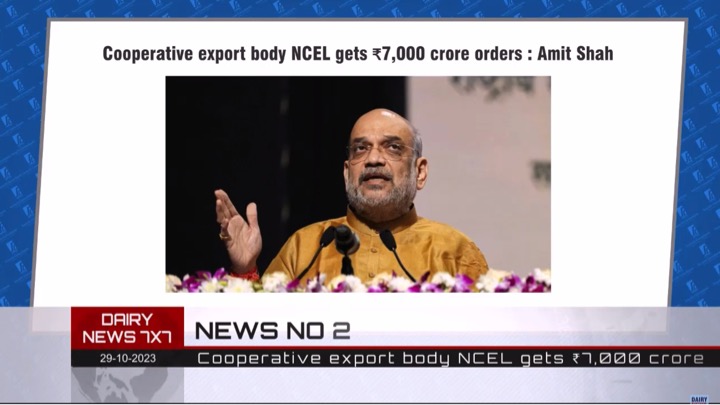After managing to persuade dairy giant Amul to procure and market camel milk, the maldharis (pastoralists) of Gujarat have now launched a bid for separate collection and marketing of goat milk and the state government has expressed its willingness to extend a helping hand.
Gujarat’s Agriculture Minister Raghavji Patel held a meeting with representatives of Surendranagar Jilla Gheta-Bakra Uchherak Maldhari Sangathan (SJGBUMS), Gujarat State Cooperative Milk Marketing Federation (GCMMF), Surendranagar District Cooperative Milk Producers Union Limited (SDCMPUL) and director of animal husbandry of Gujarat in Gandhi nagar on Thursday. An official release on Friday said that the minister assured the maldharis that a separate system for collecting goat milk and marketing it will be set up.
“Gujarat is making continuous progress in milk production and Amul’s cooperative architecture is successfully procuring and marketing cow and buffalo milk as well as camel milk from Kutch district. Under the guidance of Chief Minister Bhupendra Patel and Agriculture Minister Raghavji Patel, the state government is actively holding deliberations over how to make maldharis, who are into herding of goats, financially strong and self-reliant like their cattle-herder counterparts by facilitating sale of goat milk,” the release said. “The minister said that just like Amul’s best cooperative network is available for cow, buffalo and camel milk, it is also possible to activate the best cooperative network of Amul for goat milk which is very nutritious,” it added.
GCMMF is the cooperative federation that markets milk and milk products under the brand name Amul. SDCMPUL, which is popularly known as Sursagar Dairy, is one of the 18 district-level member unions of GCMMF. SJGBUMS is an organisation of Surendranagar’s herdsmen who are herding goats and sheep.
The release said Raghavji Patel asked GCMMF and Sursagar Dairy “to come together for a detailed study in this respect and prepare a project proposal covering goat milk’s price, packaging, marketing etc” and also suggested that goat milk could be given to children under the Doodh Sanjeevani Yojana, the government scheme to give free milk to children in certain areas of the state to tackle malnourishment.
SJGBUMS president Naran Rabari said that a separate brand of goat milk is needed to keep the herds of goats and sheep sustainable. “Presently, Amul is not accepting goat or sheep milk and therefore, we are forced to prepare mava from such milk or sell to hotels which offer only around Rs 20 to Rs 22 per litre. This, despite goat milk having many medicinal properties, as goats eat all types of vegetation. Even Mahatma Gandhi used to have goat milk. But due to the low price of milk and no demand for goat hair, maldharis are finding it increasingly difficult to maintain their herds. To save our goat herds, it is necessary to procure and market goat milk separately just like Amul did for camel milk,” Rabari said.
Pastoralists make strings and ropes from goat hair while sheep wool is used for making garments. But Rabari said that there is no market for strings and ropes made from goat hair now.
The government release said that as per the 20th Livestock Census conducted in 2019, the goat population in Gujarat is estimated to be 48 lakh and goat milk accounts for 2 per cent of 167 lakh metric tonnes of milk produced in the state.
The release further stated that the Food Safety and Standards Authority of India (FSSAI) has notified revised specifications of goat milk early this year and the same came into force last month, paving the way for procurement of goat-sheep milk by organised dairy firms.
Incidentally, Amul had started procuring camel milk around six years ago after FSSAI notified standards for it. After making chocolate from it, Amul had started marketing camel milk in 2019. “There was a time when there were no takers for camel milk in Kutch. But thanks to Amul’s procurement, camel breeders there are today getting Rs 51 per litre of camel milk,” Rabari said.
Source : The Indian Express Oct 28th 2023

